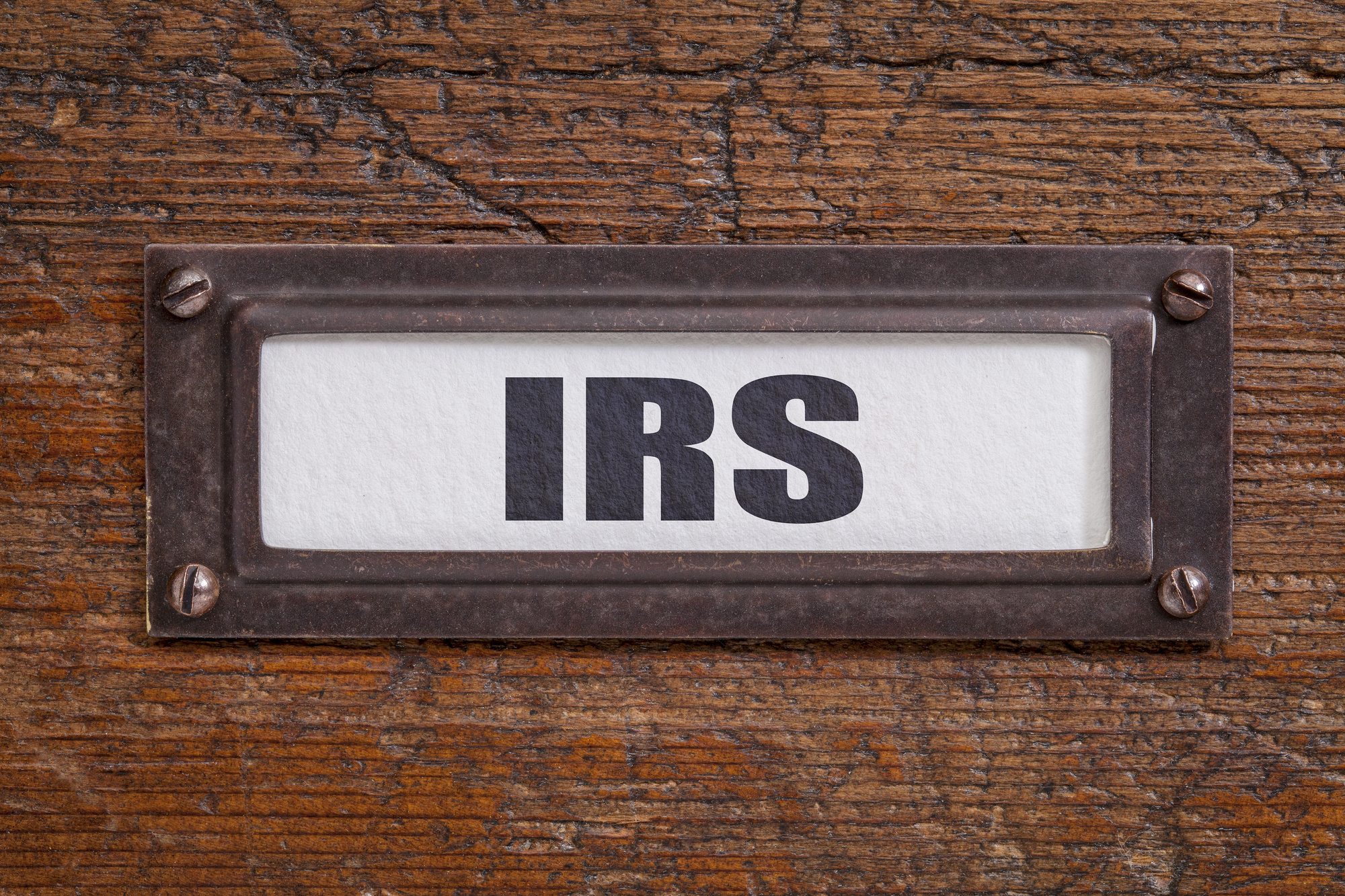
Do you owe money to the IRS? If so, there’s a decent chance you’ll need to learn how to deal with a bank levy.
First things first: what is a bank levy (also known as a tax levy)? In simple terms, it’s a legal seizure of property to satisfy a tax debt. Levies can also include penalties, such as seizing bank accounts or garnishing wages.
Most of the time, you’ll receive a tax levy once the IRS places a tax lien on your property. A lien is a claim against your property, and a levy takes the property. Here’s why a bank levy is serious business and how to avoid it.
Why a Bank Levy Is Bad News
Once you’re hit with an IRS bank levy, expect your paycheck to shrink. Every payday, your employer will hand over a portion of your earnings to the IRS.
They may also go straight for the account freeze. They usually do this by contacting your bank and placing a 3-week hold on your account. If you haven’t dealt with the levy by then, the IRS will take some or all of your money.
In particularly troublesome cases, your house may be in jeopardy as well. This tends to bring bad publicity to the IRS, so it’s more of a last resort. Even if they go for the house, some things—such as unemployment benefits—are still off the table.
How to Get Rid of a Bank Levy
When it comes to bank levies, prevention is the best cure. Still, getting one isn’t the end of the world. Here are four simple tips to get rid of a bank levy.
Pay Your Taxes
Paying your back taxes is both the most obvious and most effective way to deal with a tax levy. You can always work with a tax attorney to find the right tax debt relief solution for your particular case.
Request an Offer in Compromise
An offer in compromise allows you to settle your taxes for less than what you owe. For the IRS to consider the offer, you need to have filed all your returns. You’ll also need to make the required tax payments for the current year.
File an Appeal
If you want to review an IRS bank levy, you can request a due process hearing. Also, if you disagree with a particular IRS employee about your levy, you can ask to speak with their manager.
Apply for a Payment Plan
You can get on an IRS payment plan by applying on their website. If you allow the IRS to take three or more consecutive payments out of your bank account, they might withdraw the lien from public record. Of course, you’ll still need to pay off your debt.
Take a Bank Levy Seriously
For best results, you should try to deal with your bank levy as soon as possible. This is the best way to avoid aggressive collection actions such as wage garnishment. Plus, you’ll end up paying less in penalties and interest.
Want to make sure you’ll be able to deal with a tax levy if you have to? Check out our Money Saving section for our best finance tips!